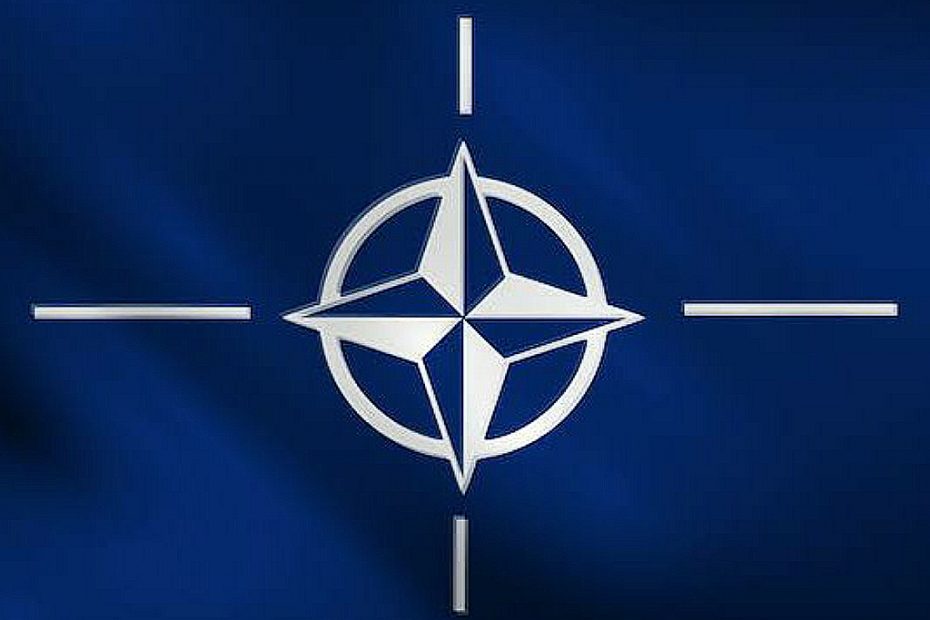Imagine a world where multinational corporations dictate national policy, where religious institutions influence global events, and where international organizations hold the keys to peace and stability. This isn’t a dystopian novel; it’s the reality we live in, shaped by the influence of some of the most powerful organizations on the planet. These entities, wielding immense resources, political sway, and social capital, hold the power to alter the course of history, influence our daily lives, and shape our collective future.

Image: teamboma.com
This article explores the intricate world of these powerful organizations, examining their origins, their impact on society, and the ethical considerations surrounding their immense influence. We’ll delve into their inner workings, analyzing their strategies, their goals, and the complex interplay of power dynamics that define their actions. By understanding these entities, we can gain a deeper understanding of the forces that shape our world, equipping us with the knowledge to navigate this intricate web of power and influence.
The Global Powerhouse: Multinational Corporations
Multinational corporations, driven by profit maximization and global expansion, have become ubiquitous forces in our interconnected world. Companies like Apple, Amazon, and Google, with their vast market capitalizations and global reach, wield enormous economic power, shaping industries, influencing government policies, and impacting the lives of billions. Their influence extends beyond the economic sphere, influencing cultural trends, shaping consumer behavior, and even impacting the political landscape.
These corporations employ sophisticated lobbying strategies, wielding their vast resources to advocate for policies that benefit their bottom line. They can influence elections, manipulate public opinion, and even dictate global trade agreements. However, their power isn’t absolute. The rise of consumer activism, concerns about ethical business practices, and the increasing regulatory scrutiny of their operations are challenging their unchecked power.
The Moral Compass: Religious Institutions
Religion, a profound force in human history, continues to shape societies and influence political landscapes around the world. From the Vatican City to the Islamic Republic of Iran, religious institutions exert considerable power through their influence on morality, culture, and public discourse.
These institutions, with their vast networks of followers, often wield significant political influence, advocating for specific ideologies and policies. Their influence can be seen in the Middle East, where religious leaders play a pivotal role in politics, and in countries like the USA, where religious organizations actively lobby for conservative values. However, their power is not without limitations. As secularization and cultural shifts occur, religious institutions face challenges in maintaining their traditional influence, navigating a world increasingly driven by secular thought and scientific advancement.
The Guardians of Order: International Organizations
International organizations, such as the United Nations, the World Bank, and the World Trade Organization, are essential players in shaping the global order. These institutions, formed through international agreements, aim to promote cooperation, solve global problems, and regulate international relations. They wield soft power, promoting norms, coordinating international responses, and setting standards for global governance.
The UN, with its peacekeeping missions, humanitarian aid, and its role in promoting international law, plays a crucial role in mediating conflicts and addressing global issues. The World Bank provides loans and financial assistance to developing countries, while the WTO regulates international trade and seeks to facilitate global economic growth. These organizations, while lacking the coercive power of nation-states, wield significant influence by shaping global agendas, setting standards, and promoting international cooperation.

Image: bscholarly.com
The Evolving Landscape: Power Shifting in the 21st Century
The global landscape of power is constantly evolving, with new actors emerging and traditional power structures shifting. The rise of non-state actors, including NGOs, terrorist organizations, and powerful individuals, complicates the traditional understanding of power dynamics.
NGOs, like Greenpeace and Amnesty International, wield considerable influence by mobilizing public opinion, advocating for human rights, and raising awareness about critical global issues. Terrorist organizations, with their capacity to disrupt and destabilize, pose significant challenges to global security. Powerful individuals, like Bill Gates and Elon Musk, can leverage their wealth, ingenuity, and public voice to impact global landscapes.
Navigating the Complex Web of Influence: Ethical Considerations
The immense power wielded by these organizations raises pressing ethical concerns. The potential for abuse, the lack of accountability, and the influence of hidden agendas warrant careful scrutiny. We need to ask critical questions about transparency, representation, and the potential for these organizations to become instruments of control or oppression.
It’s vital to ensure that these powerful entities operate ethically, respecting human rights, promoting justice, and engaging in transparent decision-making processes. We must engage in critical dialogue about the nature and purpose of power, ensuring that the pursuit of power doesn’t come at the expense of human well-being and the common good.
Most Powerful Organizations In The World
Practical Action and Empowerment
While the power of these organizations might seem daunting, we are not powerless. Armed with knowledge, we can hold these entities accountable and influence their actions. Engage in informed discourse, hold your representatives accountable, and support organizations working towards a more just and equitable world. Engage in critical thinking, advocate for transparency, and demand ethical practices from the organizations that shape our world.
Remember, our collective actions, driven by an informed understanding of power dynamics, can contribute to a world where power is wielded responsibly and our collective future is shaped by justice and sustainability.
This exploration of the most powerful organizations in the world is just the beginning. It’s a journey of continuous learning, critical reflection, and active participation in shaping our world. Let’s embrace this challenge, engage in meaningful dialogue, and strive to ensure that power serves the betterment of humanity.






